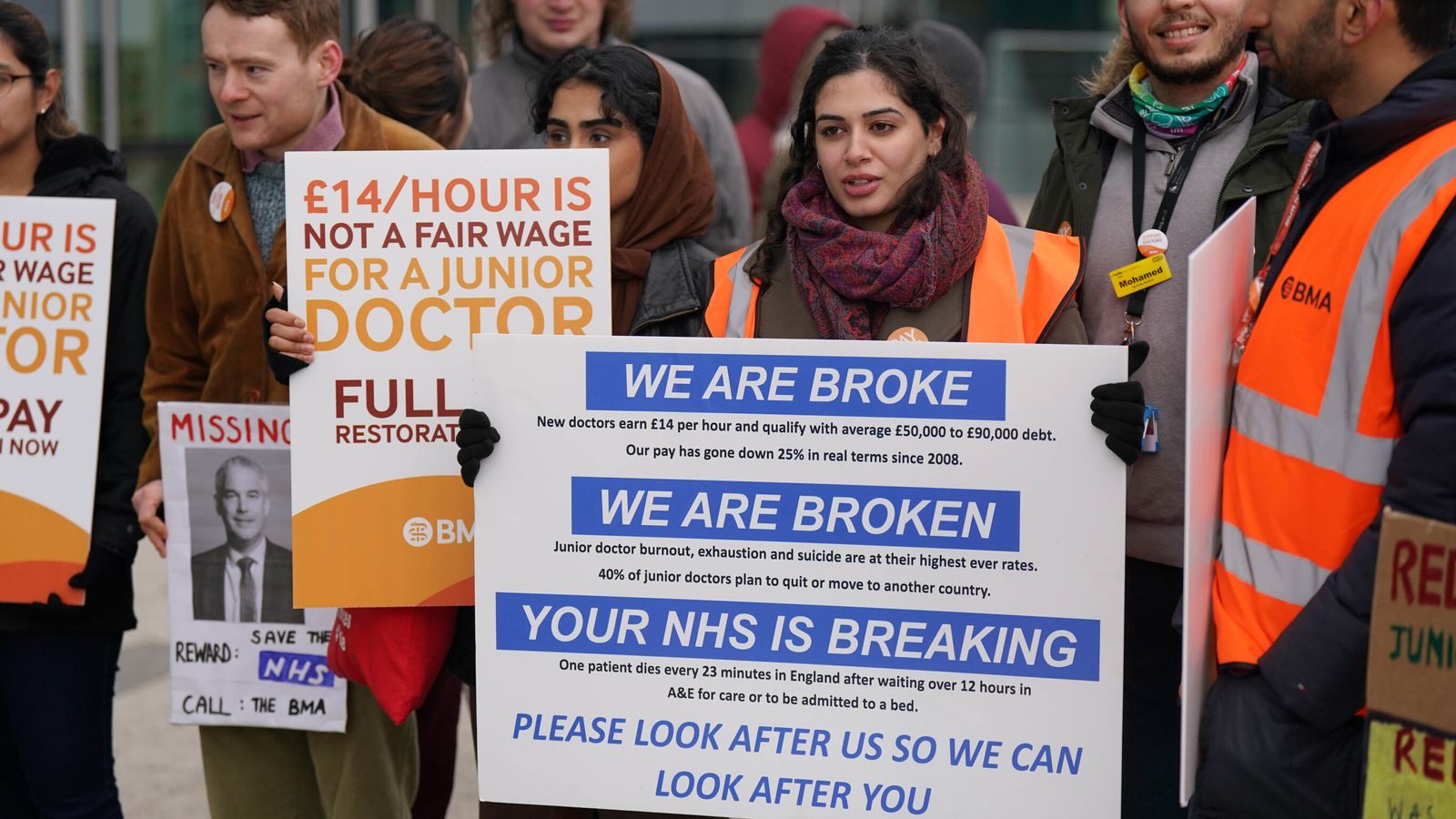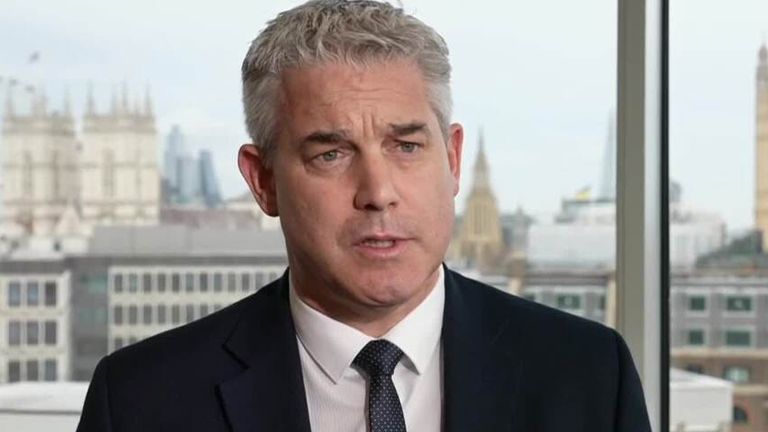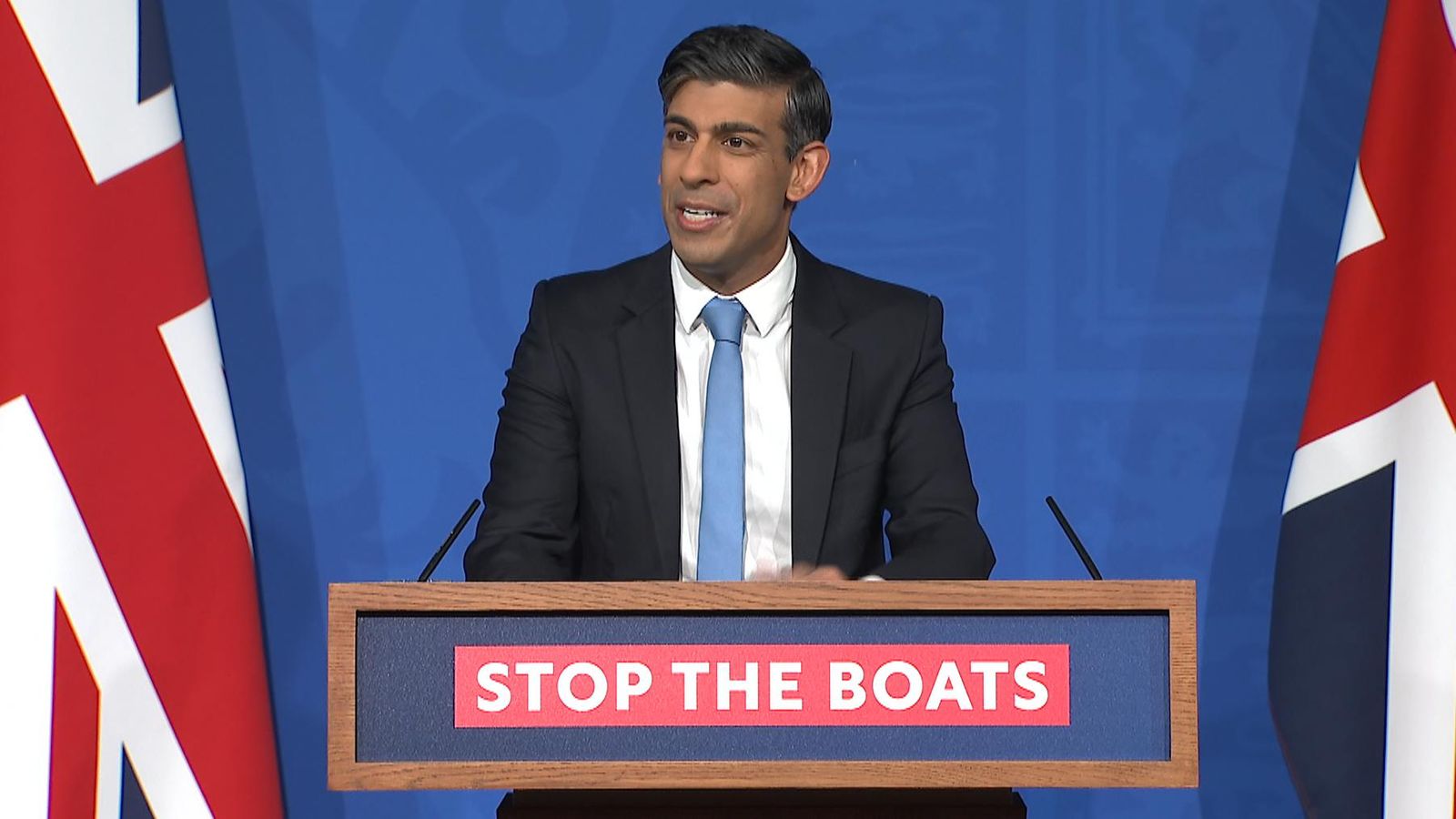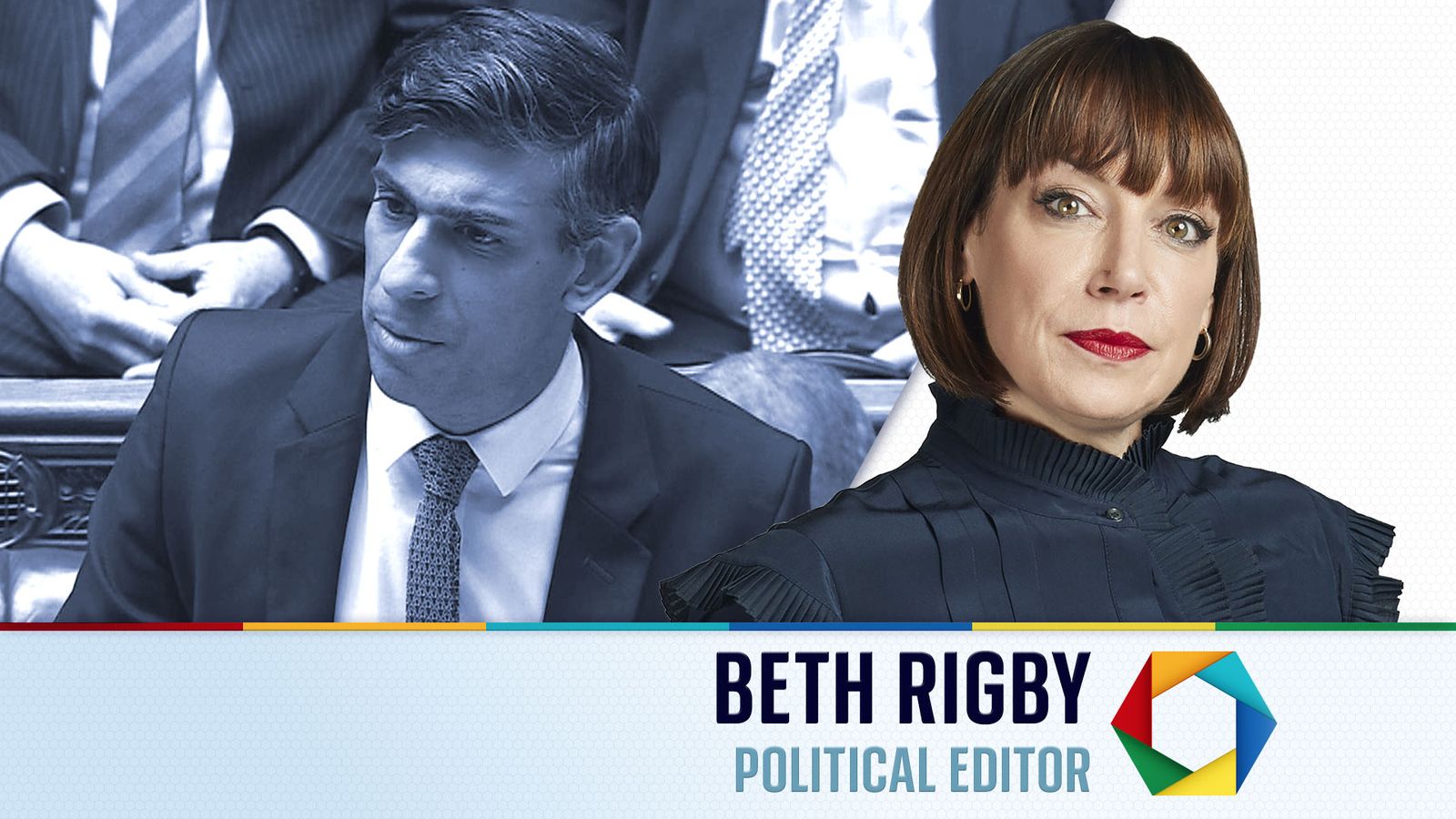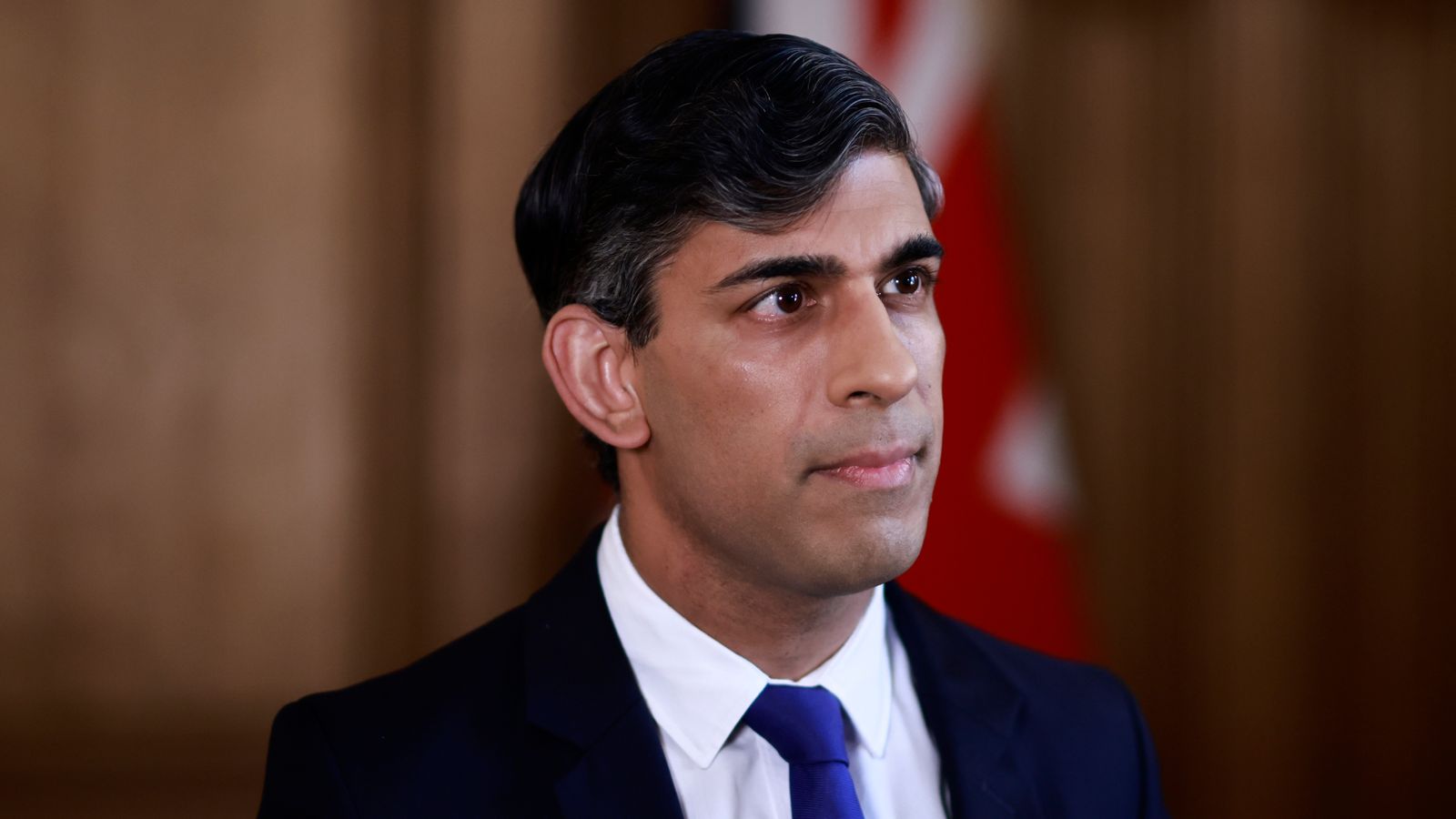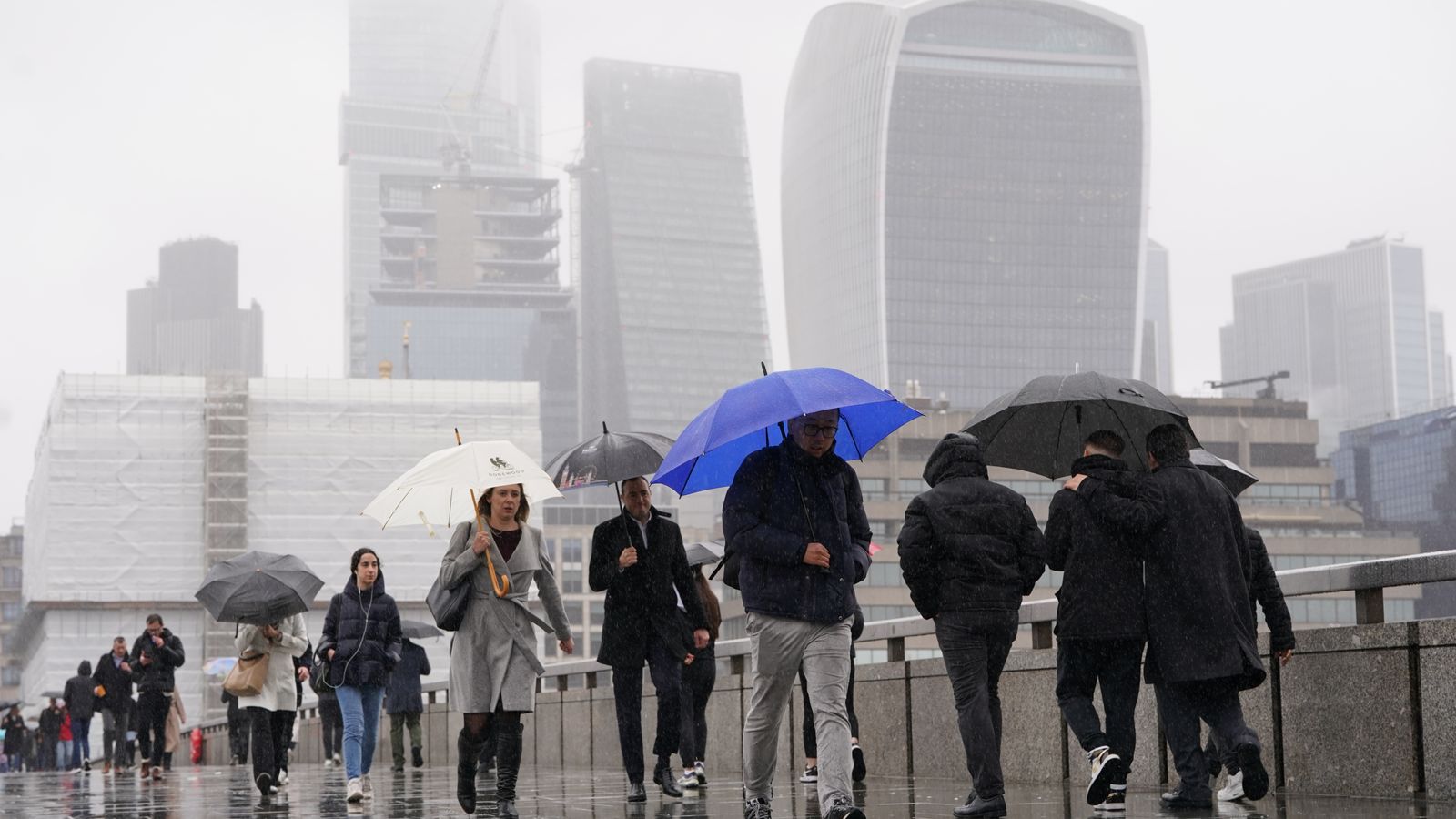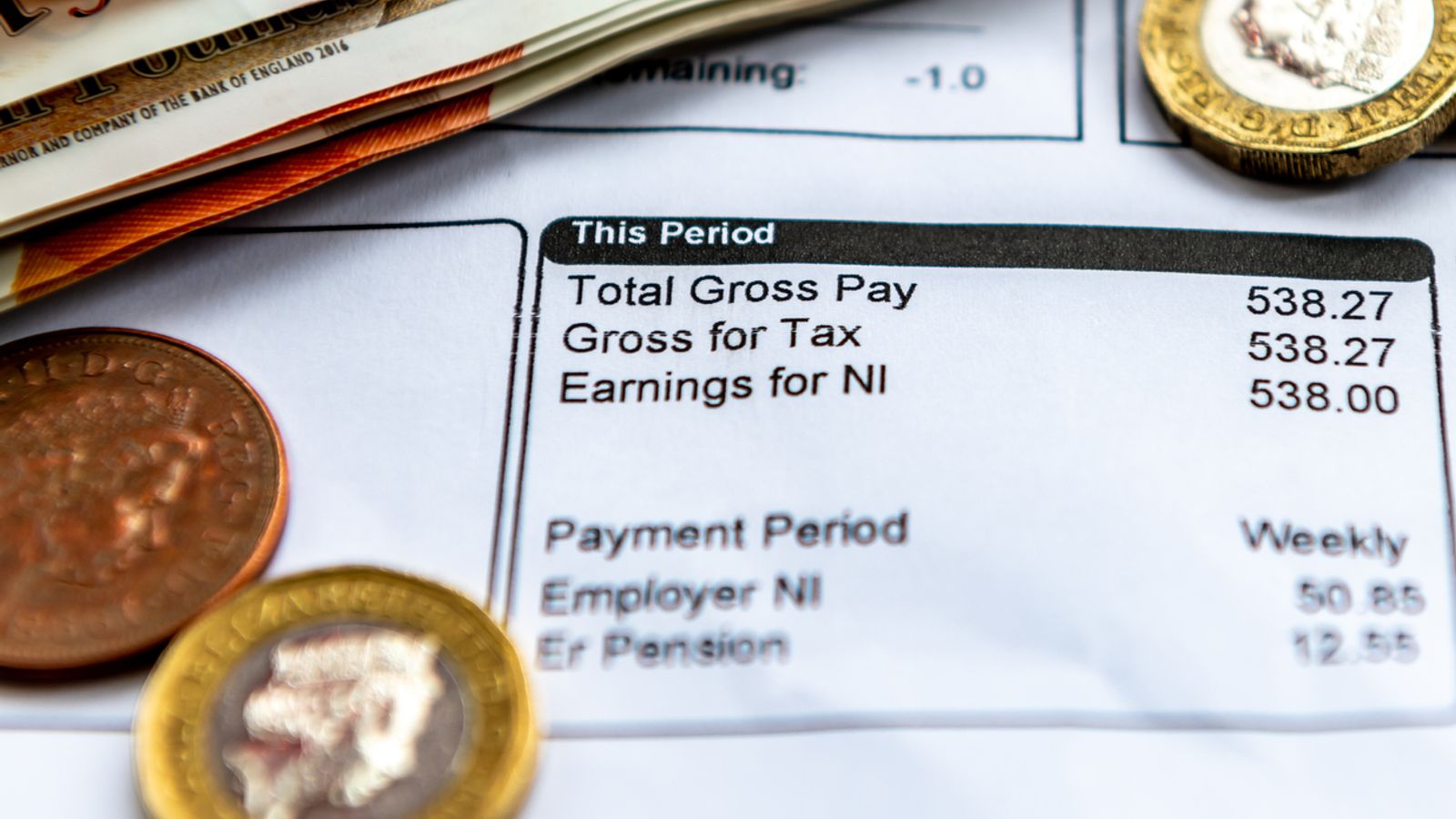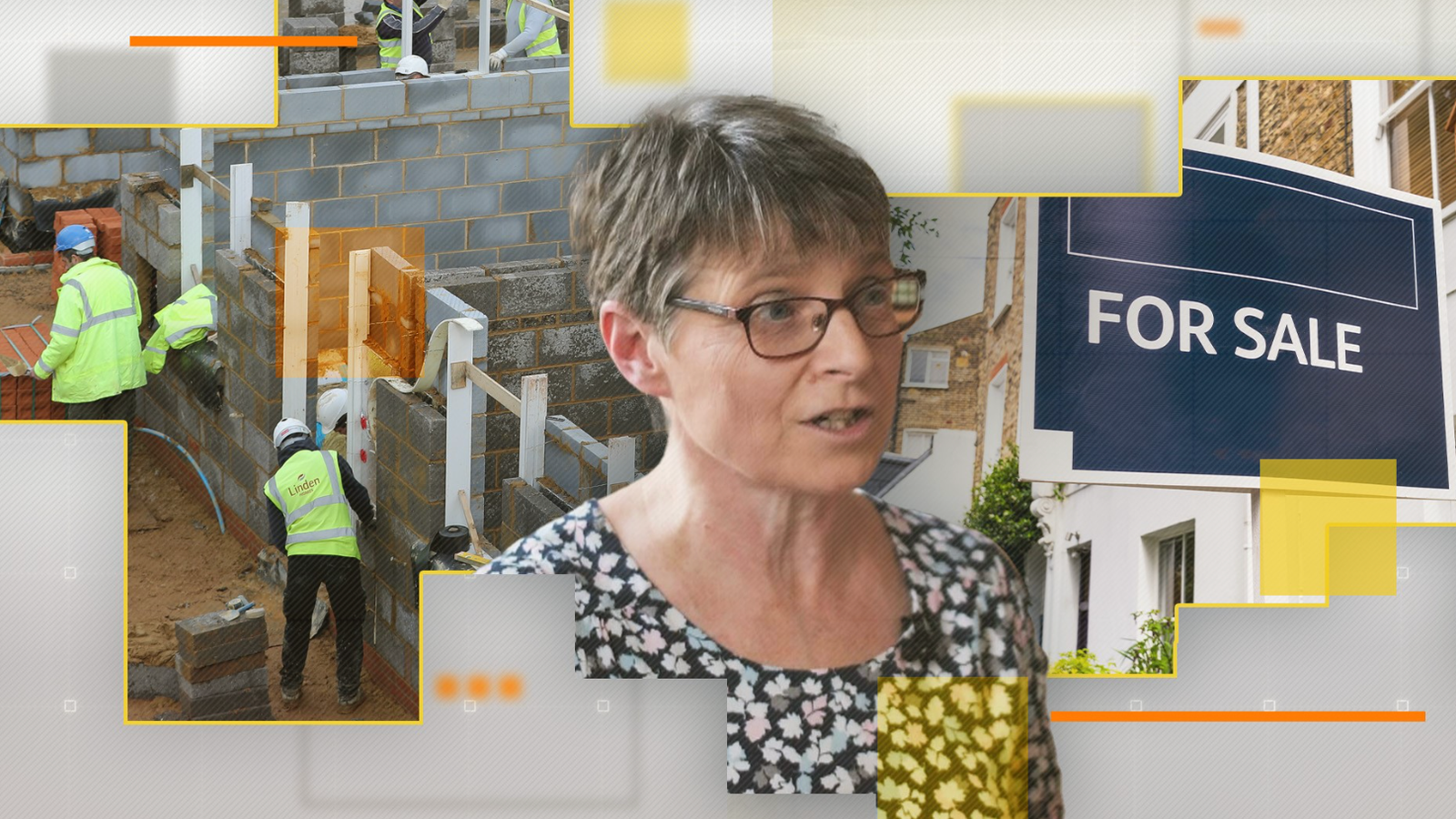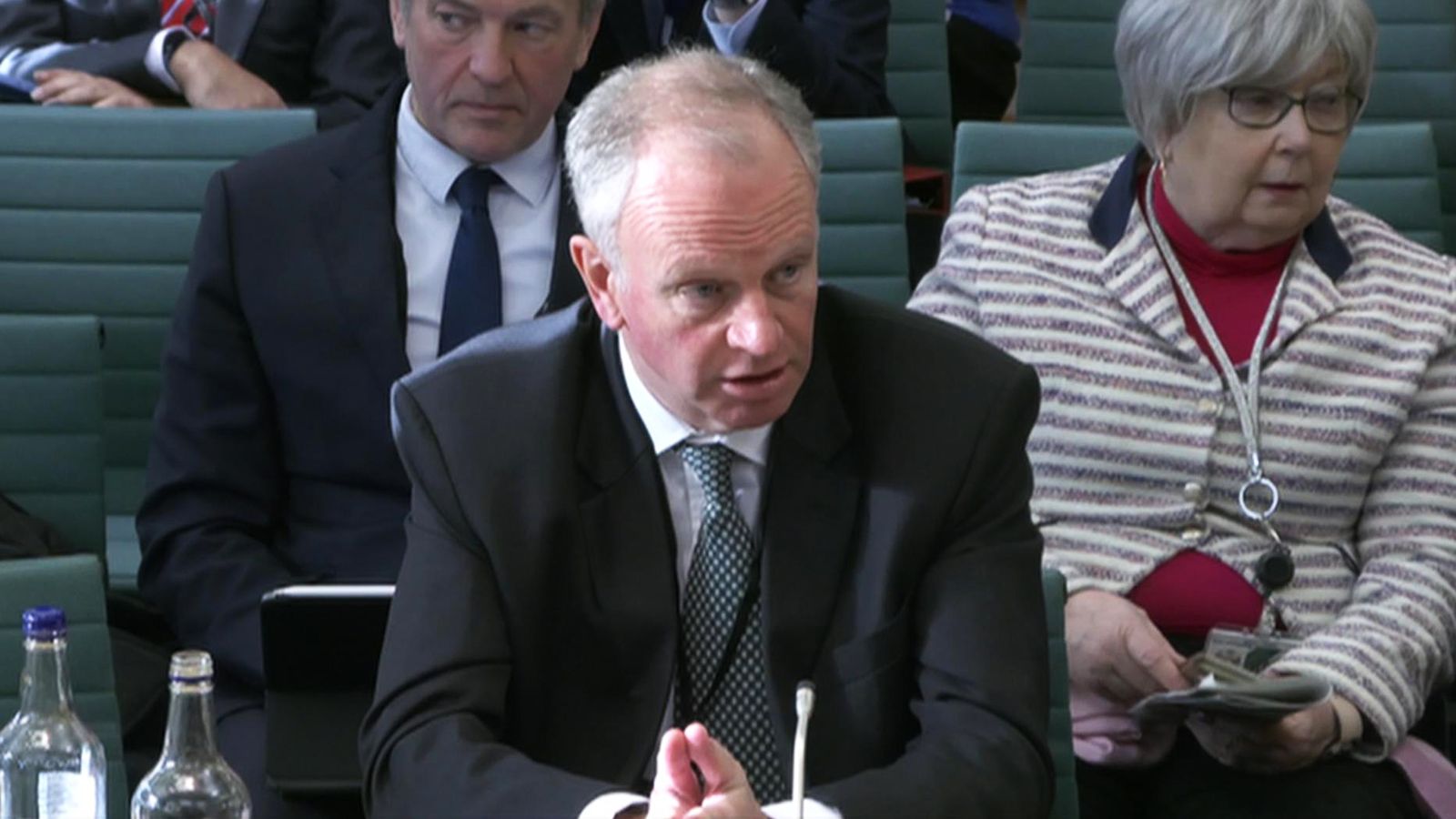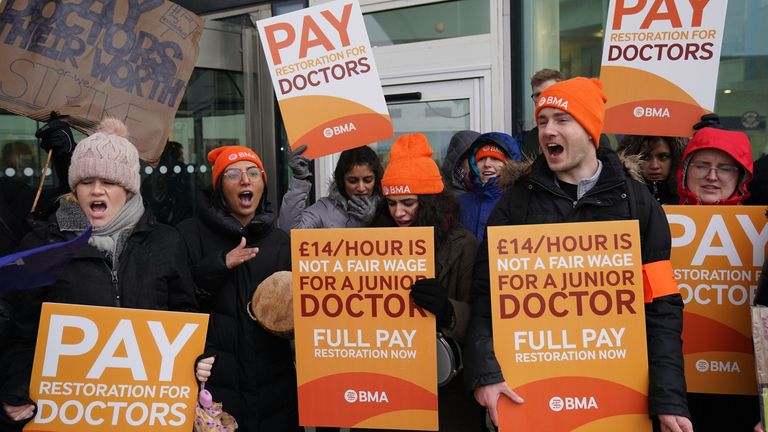
Up to a quarter of a million appointments and operations might have to be postponed if a four-day walkout by junior doctors goes ahead next month, NHS leaders have warned.
Matthew Taylor, chief executive of NHS Confederation, said the impact of last week’s 72-hour strike was unprecedented and there would not be as many consultants to fill rota gaps this time around.
“The level of disruption caused by the last junior doctors’ walkout was greater than that of all the other recent strikes put together, so leaders will be dismayed about a repeat and worried about the impact on patient care, particularly just after Easter,” he said.
Politics live: Sir Keir Starmer releases tax returns
“Based on last time, it seems likely that up to a quarter of a million appointments and operations may need to be postponed as a result of this next wave of strikes.
“Complicating matters further is the fact that leaders are unlikely to be able to call again on consultants in the same way to fill in rota gaps, due to many having accumulated leave from providing cover during the first strikes.
“This poses a huge challenge to services already stretched by having too few staff, so another walkout poses a real risk to patient safety.”
Earlier, the British Medical Association (BMA) said junior doctors in England will strike between 11-15 of April after talks with the government failed to resolve a bitter row over pay.
Saffron Cordery, deputy chief executive at NHS Providers, said that would immediately follow a four-day bank holiday weekend, “meaning demand will have piled up before the strike even begins”.
She said: “Trust leaders understand why junior doctors feel they’ve been pushed to this point, but it’s incumbent on all involved to urgently re-enter talks in good faith.”
Following the announcement on Thursday, both sides accused each other of imposing “unreasonable” pre-conditions on negotiations, while insisting they were still open to discussions.
‘Government dragging its feet’
The BMA said it is “with frustration” that they are taking further action, as they accused ministers of “still refusing to make a credible offer – or any offer at all – to resolve our dispute”.
But Steve Barclay, the health secretary, said doctors placed a pre-condition on talks of a 35% pay rise and “that is unreasonable”.
The BMA is arguing for pay restoration to 2008 levels – equivalent to a more than 30% raise.
Dr Vivek Trivedi and Dr Robert Laurenson, co-chairs of the BMA junior doctor committee, said: “It is with disappointment and great frustration that we must announce this new industrial action. The government has dragged its feet at every opportunity.
“It has not presented any credible offer and is refusing to accept that there is any case for pay restoration, describing our central ask as ‘unrealistic’ and ‘unreasonable’. Even yesterday they continued to add new unacceptable pre-conditions to talks instead of getting on and trying to find a resolution.”
In response, Mr Barclay tweeted: “I met the BMA’s junior doctors committee yesterday in the hope of beginning constructive talks. They placed a pre-condition on these talks of a 35% pay rise. That is unreasonable.
“My door remains open to constructive conversations, as I have had with other health unions.”
However, Dr Laurenson said on Twitter that was “not true” and offered to meet with Mr Barclay next week.
In a letter to the health secretary, the BMA also accused Mr Barclay of “briefing the media” about talks, adding: “This is the very essence of what we have described as the deficit of trust you have created.”
It is understood the 35% figure is the union’s opening position, and the government’s pre-conditions included matters around confidentiality.
The union says it is demanding pay restoration because the wage of junior doctors has been cut by more than a quarter since 2008 – leading to low morale and a staffing crisis at a time of record-high waiting lists.
Read More:
Nurses in Scotland accept new pay offer
RMT suspends plans for rail strikes on 30 March and 1 April
However, the department of health said further strikes “will risk patient safety and cause further disruption”.
“Our door remains open to constructive conversations, as we have had with other health unions, to find a realistic way forward which balances rewarding junior doctors for their hard work while being fair to the taxpayer,” it said.
Other NHS strikes have been paused following a revised pay offer to unions representing thousands of frontline staff including nurses and paramedics.
The offer consists of a one-off payment of 2% of their salary plus a COVID recovery bonus of 4% for the current financial year 2022/23, and a 5% pay increase for 2023/24.
However, significant questions remain over whether the deal has enough support from union members to pass, and where the money to pay for it is going to come from.

